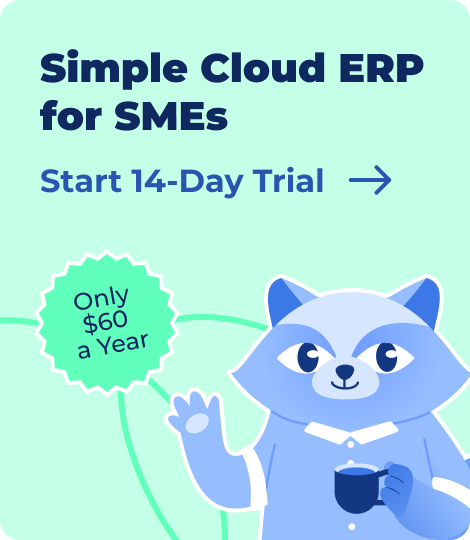Unicorn Natural Products is an Indian company producing herb extracts, essential oils, seasonings, and spices. Harshit Agarwal, the Financial Consultant of the company, told us about the ways the company’s gaining success on the international market, the long and tiring experience of spreadsheet inventory management, and Kladana modules that helped to take control over stock and production.

A Modern Company with Strong Traditional Values
Unicorn Natural Products is one of the four subsidiaries of the Unicorn Group. This group of companies was founded by four brothers. Now it consists of factories producing canned pickles, vegetable and flower seeds, a facility processing and bottling beverages, and the company producing plant ingredients.
Unicorn Natural Products works with NGOs, farmers, and local tribes for the cultivation and collection of Indian organic raw materials. Companies’ agronomists help partners enhance their agricultural practices and processes of cleaning, drying, sorting, and storing plants.


The company’s mission is to preserve traditional values with the help of manufacturing facilities that produce goods complying to global standards. Unicorn Natural Products is also deeply involved in various kinds of corporate social responsibility activities caring for local people, helping them overcome poverty, receive education and good living conditions.
Unicorn Natural Products’ target market consists of companies that use natural plant ingredients for their pharmaceutical or ayurvedic products. Spices, oils, and plant extracts are shipped in bulk and used either for manufacturing or for retail packaging. Generally, orders range from 1 to 10–20 tons. Unicorn Natural Products acts as an intermediary between nature and manufacturers.
My favorite product among the range of Unicorn’s goods is definitely turmeric powder. You can use it in most beauty care products because it’s good for the skin. It has also been studied as a potential remedy for many conditions. It is very good with ointments.
I’d also like to name ashwagandha. It is one of the major products of our company. Ashwagandha holds an important place in Ayurvedic tradition and offers various health benefits. Our company has garnered an international reputation as a renowned manufacturer and exporter of ashwagandha powder extract.
You can find the customers of the company all around the globe. As Unicorn Natural Products often sells its products abroad, it has obtained multiple international accreditations.
The leading channel of product distribution is rather one-to-one marketing than e-commerce that is extremely popular today. Unicorn Natural Products finds its customers at international exhibitions and conferences that take place at various places in the world. The Unicorn Natural Products marketing department actively maintains the company’s LinkedIn profile, posting information about the company’s products and achievements.

The Dangers of Keeping Records in Excel
Unicorn Natural Products had been using spreadsheets to make records for seven years. Mistakes piled up, and the inconvenience of the process was revealed. Then the company’s leaders decided to change everything drastically.
Before Kladana, we were doing everything in Excel. All the stock and production records were maintained in spreadsheets. We weren’t able to arrange timely updates for the information about warehouse stocks: the materials we were receiving, the goods we were shipping.
It was hard for us to acknowledge which products we had in abundance and which we lacked. Some wrong decisions and production delays followed.
Harshit shared that before introducing Kladana, Unicorn Natural Products’ decision-makers tried other solutions, visited demos, and weighed all the pros and the cons. Finally, they didn’t get satisfied with the features offered by other solutions. Besides, the software options they considered turned out to be rather costly and out of the budget. In Kladana, they found the functionality they were looking for. In combination with affordability, it worked as a decisive factor.
Unicorn Natural Products introduces Kladana gradually. For now, the company has transferred the company’s data to inventory and production modules. Now they are focusing majorly on the production features of Kladana.
Handy Tip
In Kladana, you can manage every manufacturing process. Start with BOM creation and plan the required quantity of raw materials, track the duration of every stage, and calculate the cost of the finished product. Summarize data on employees’ labor costs and assign tasks to certain performers.
Another important area they want to concentrate on is tracking the amount of yield the company is getting. Harshit says that in this respect Kladana is suitable to their requirements, and the company is going to start using the Financials module of the solution.
For the moment, Unicorn Natural Products is now in the stage of making reports in a structured manner and compiling data. The process of migration from Excel to Kladana is still in progress. There are still many segregated records, and it’s time-consuming for the company team to put them to finally have the possibility to load everything inside Kladana. They still need some time to collect the data so they can transfer accurate information into the software.
Harshit is optimistic about the completion of the migration process. He hopes for its’ soonest finalization and the beginning of a full-scale use of Kladana.


